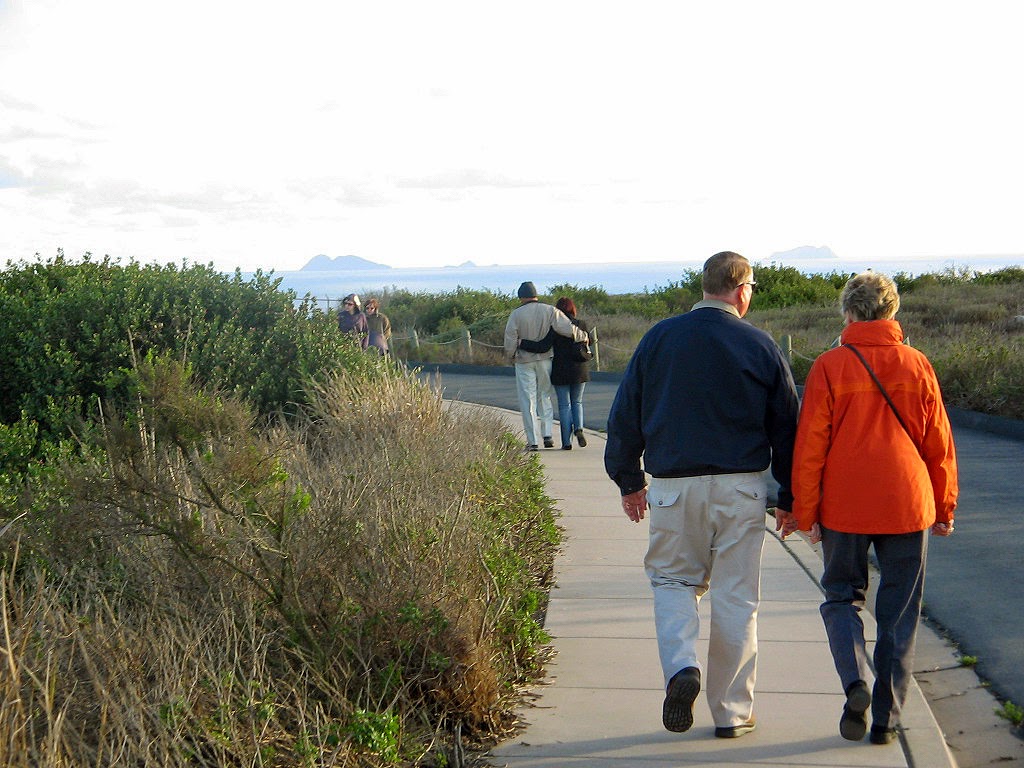Speaking from someone who loves to celebrate, this time of year can be most exciting. The holiday season gives us opportunities to be thankful, giving, and ring in another new year. With all of these reasons to act in exceptional ways, this time of year can also cause many of us to lose our sense of equilibrium. Stress, expectations, and "waiting until the last minute" to get something done can push us out of alignment and affect our natural sense of balance.
As
the holiday season is moving into full swing, here are some quick tips
to help us maintain better balance in our mind, body and spirit while we
celebrate this exciting time of year:
- Get plenty of rest. The holidays always include extra activities and will take more energy than usual, so getting adequate amounts of rest will let us join in the fun!
- Drink lots of water and other fluids (including hot teas). This will keep us properly hydrated and less prone to holiday germs.
- Eat healthy foods high in vitamins and minerals. Most of us will eat some holiday treats (candy, chocolate, etc.), but be sure to keep it balanced with healthy portions of proteins, fruits and vegetables. Too much sugar will spike our energy and can cause headaches and fatigue.
- Help stop the spread of holiday colds and illness. By covering our mouths when we sneeze or cough, and washing our hands often we lessen the spread of germs. Carry extra tissues with you if your nose is runny or some natural throat lozenges if you have a cough.
- Get plenty of exercise. Even a short walk in the mornings or evenings will help keep our blood moving. Exercise and stretching helps improve circulation and promotes faster healing!
- Take time to spend with people. Visiting with our family and friends during our holiday time off and taking the time to reconnect with those we love strengthens our relationships, boosts our immune system, and reconnects us back to ourselves.
- Unplug a little! Take time off from the busy hustle and bustle: Turn off the ringer on your phone and let calls go to voice mail; take a few days off from Facebook & Twitter—the world won't end without your updated status; don't read email for a couple days; turn off cable and pop in a classic holiday movie. Try to unplug from the world and plug back into a good book, the people, the music, and the nature around you. It's free.
To Your Better Balance!
Michael Thomas Sunnarborg
Bring in the new year by returning to the natural balance within you. Need a bit of motivation? Pick up a copy of 21 Days to Better Balance, or another book in the series, and start off 2015 by finding better balance in your career, relationships, and life!
Michael Thomas Sunnarborg is an educator, best-selling author, and certified life coach. His passion is to drink hot cocoa while helping people reclaim their power of choice and find better balance in their work, relationships, and life. You can follow Michael on Facebook and Twitter, or find out more at michaelsunnarborg.com














